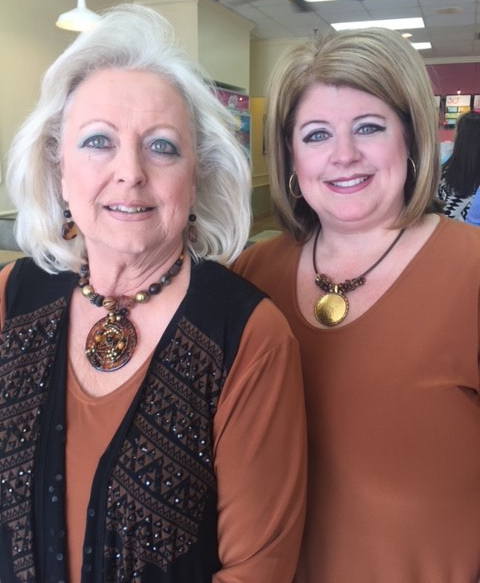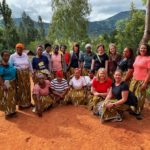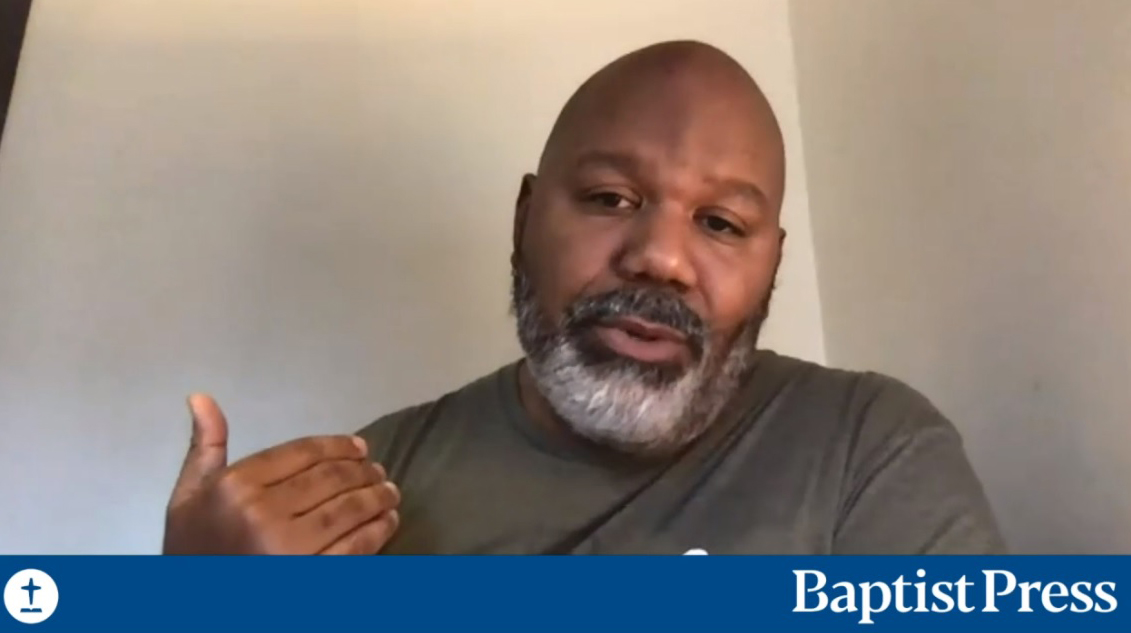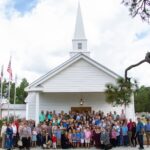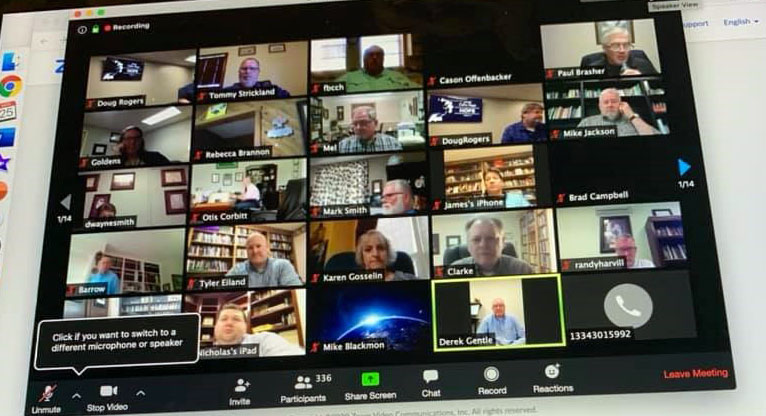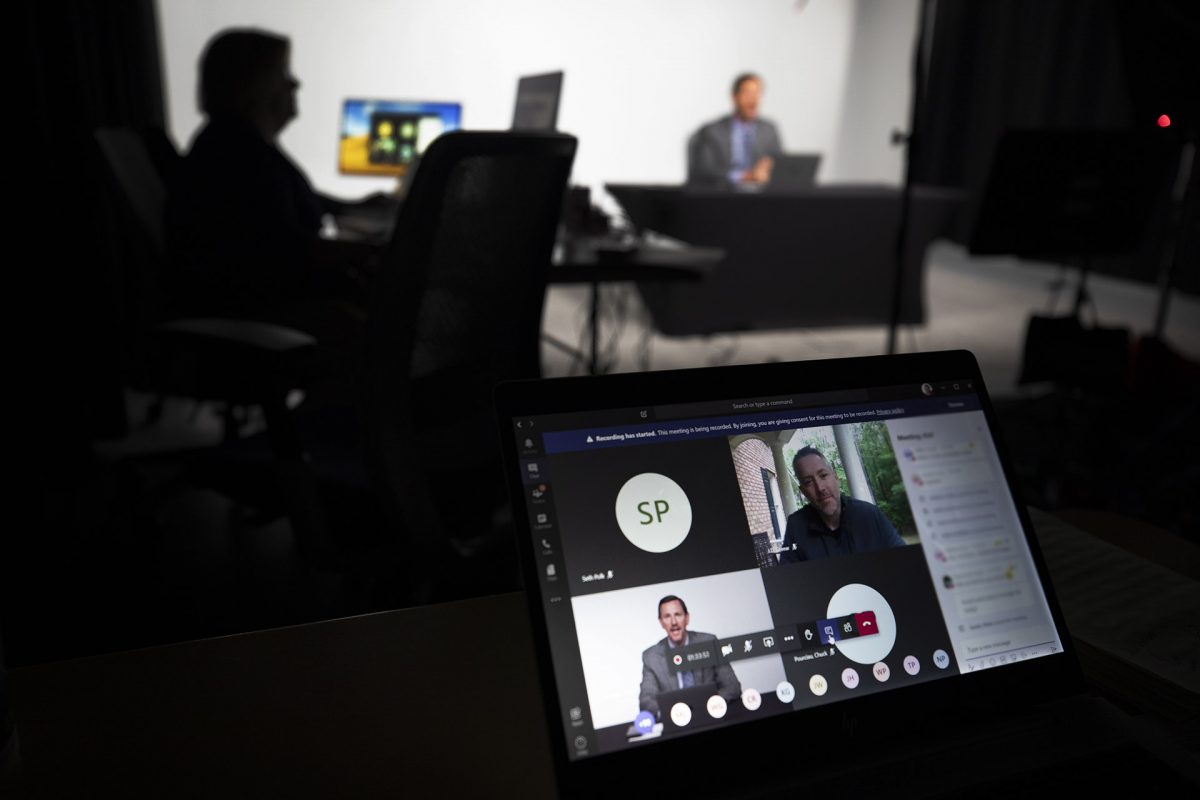
CONWAY, Ark. (BP) – People said they were too young to be in love. Don Chandler said he and Margaret “Maggie” Kinley met at church as teens, married as teens and experienced 53 years as husband and wife.
“I always thought I’d go first,” Chandler said. After all, longevity seemed more prevalent among Maggie’s ancestors than his, he said at Maggie’s memorial service.
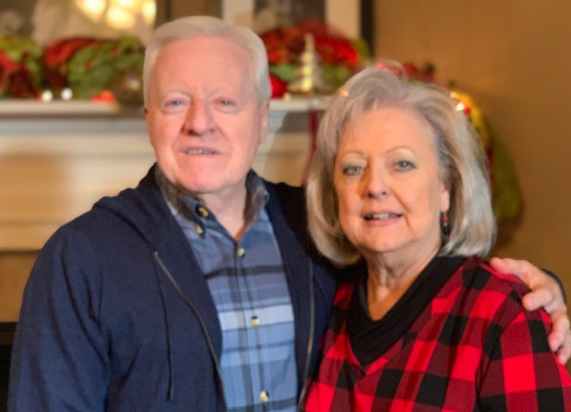
Maggie died Dec. 1, 2020, of COVID-19 as their daughter Lori battled the disease in an adjoining hospital room. Lori survived. The family eulogized Maggie Jan. 15 at Central Baptist Church of Conway, which Chandler has pastored for 41 years.
“I met her when I was 16 and she was 14, and the truth is there was really never anybody else all of that time, and we’ve been married 53 years,” Chandler said. “It was a pretty extraordinary loss. My whole life had been lived for her and with her. And that’s not to say not for the Lord, but for a physical person, my best friend, the person I wanted to be with the most.”
Millions are grieving the death of loved ones to the COVID-19 pandemic, said Sam Hodges, vice president of publishing for GriefShare, a Christ-centered recovery program used by several churches spanning denominations.
Research “indicates that for every one person that died from COVID-19, (there are) at least nine close family members who are grieving that death,” said Hodges, a Southeastern Baptist Theological Seminary graduate and a member of The Summit Church in Durham, N.C. “When we start to do the math on that, you’ve got 600,000 people who have died from COVID in the U.S., which means you’ve got 5.4 million people who were closely related to people who died from COVID-19. And so those people are still searching for answers, and they’re searching for answers that the Scriptures can address.”
Chandler has survived by preaching Scriptures to himself, staying busy and spending time with family and friends, including his three children, two sons-in-law, a daughter-in-law and seven grandchildren. All of them attend Central Baptist Church, which is also grieving the death of Maggie, who had been an active “first lady” for 41 years.
“I find that I’m numb at times. I get up early. I come to the office as early as I can. I stay as late as I can. I stay busy. I’m around people a lot. My family has really embraced me in this,” he said. “I’m having to spend more time recently just me at home by myself, because you can’t continue what we were doing the first month. You just can’t stay at somebody else’s house until it’s time for bed and then come home.
“So I’m getting back into what I guess the new normal is going to look like. I have good hours and bad days.”
Grief counselors in the church are helping those who lost loved ones during the pandemic. About five members of the church died from COVID-19, and several others recovered.
Chandler expresses a new appreciation of grief.
“One thing that I have certainly learned is that even when your father, or mother, or brother passes away,” Chandler said, “if they didn’t live in the same house as you, your home doesn’t change. You still have somebody to go home to and somebody to talk to and somebody to be with. But when it’s your spouse, you no longer have those things.
“There’s nobody waiting on me, and there’s nobody to talk to when I get there, and that’s what makes it a difficult and lonely situation. The king-size bed is twice as big as it used to be. The garage only has one car in it now, all of the things that if you sat down and made a list, you’d realize that. But you don’t really realize the consequence of that until it becomes something that you have to live out on a daily basis.”
While Central Baptist’s grief counseling program does not use the GriefShare curriculum, many Southern Baptists do, including First Baptist Church in Lewisville, Texas.
“The pandemic has exploded our GriefShare ministry to where we now have six small groups, and these are going to fill up,” said Kermit Tandberg, First Baptist Lewisville senior adult minister, in a GriefShare video.
Eagles Landing First Baptist Church of McDonough, Ga., also uses the ministry.
“A number of our church family members have had loved ones who have died from COVID,” Howard Greer, Eagle’s Landing pastor to senior adults, told GriefShare. “A lot of members are going through that time with a lot of anger.”
Anger, anxiety, fear, loneliness and hopelessness are among the common emotions associated with grief.
“Losing someone during the pandemic is difficult because people are cut off from traditional forms of remembering their loved ones,” Hodges said. “On top of the loss of the person, there’s also this deep sense of anger, frustration, disappointment that they weren’t able to say goodbye the way they normally would have been able to.”
The pandemic caused additional pain outside of the deaths attributed to COVID, Hodges points out, because people were not able to access the traditional channels of grieving even when loved ones died during the pandemic, no matter the cause of death. Hospital visits, travel and funerals were restricted.
GriefShare’s 13-week program, which has been used by more than 20,000 churches since its inception, was updated last year with interviews addressing the circumstances and experiences peculiar to death during the pandemic.
“What we want to do is really encourage pastors to understand is that … there’s an unprecedented need” for grief ministry, Hodges said. “Being in a GriefShare course just introduces you to all this wisdom that people have acquired over the years as they’ve walked through grief and have done so with the help of the Lord.”
The curriculum is sold to churches for group study and is not marketed to individuals.
“We like to say that they’re going to … find hope, and they’ll find healing,” Hodges said of program participants. “It connects to people because you’re not just hearing from somebody that maybe hasn’t lost anyone before, but you’re hearing from people that have really been through it, experts and participants.”
